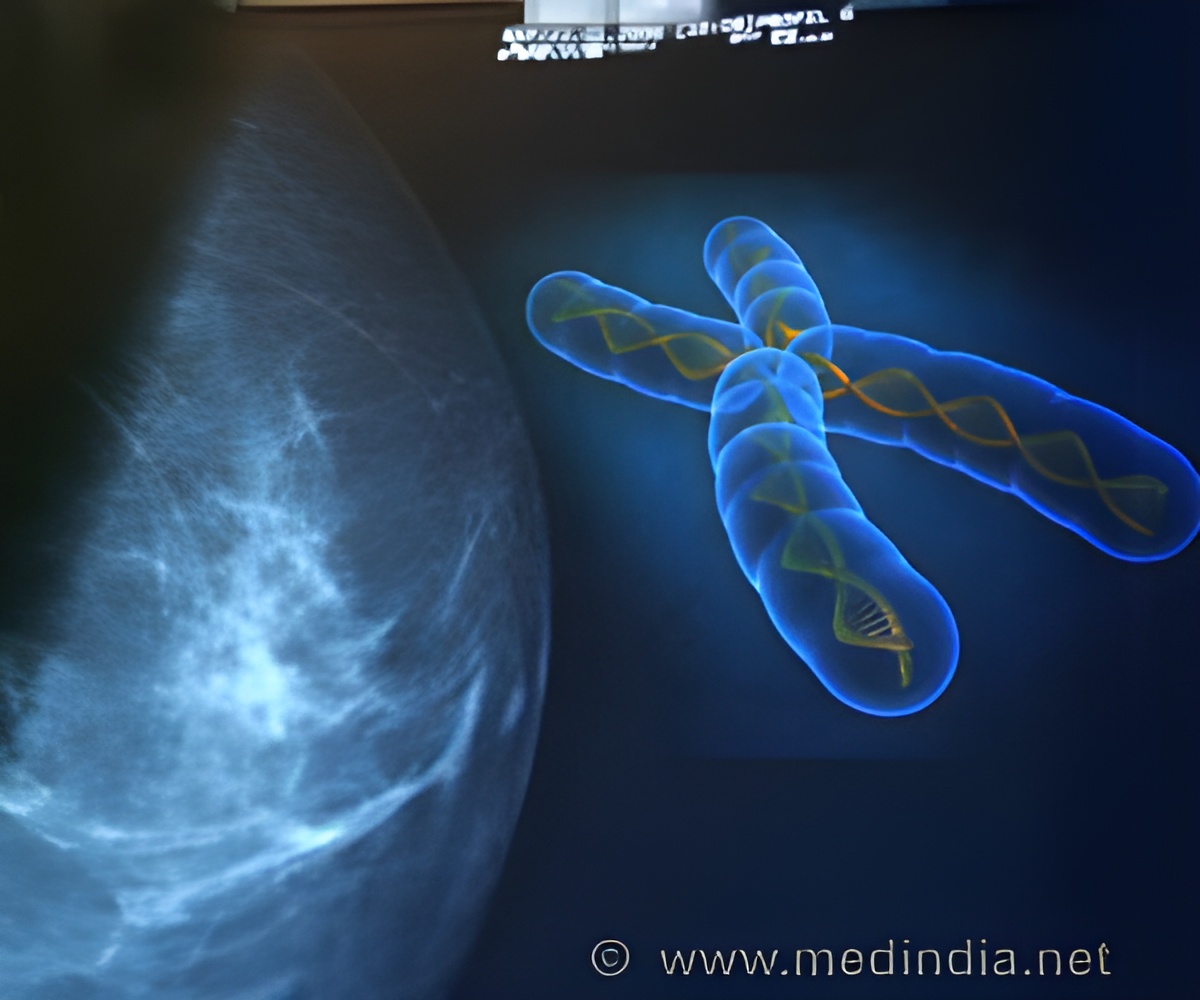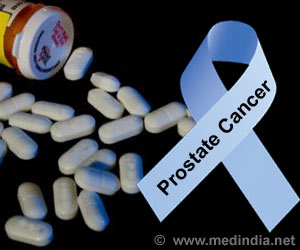Results of men with intermediate-risk prostate cancer who had received long-term hormonal therapy after radiation therapy were examined by a secondary analysis.

The original RTOG 9202 trial (Hanks 2003) evaluated the potential benefits of long-term adjuvant androgen deprivation (LTAD) for two years after initial androgen deprivation, when compared to short-term (initial) androgen therapy (STAD) in mostly high-risk prostate cancer patients receiving external beam radiation therapy (EBRT). Because some intermediate-risk prostate cancer patients were included in the study, a current analysis was conducted to determine if patients in the intermediate-risk subset experienced an additional survival benefit with LTAD.
Researchers reviewed all patients enrolled in RTOG 9202 categorized with intermediate-risk prostate cancer with T2 disease (tumor confined to the prostate), a Prostate Specific Antigen (PSA) of < 10 and a Gleason Score of 7; or, who were immediate-risk prostate cancer patients with T2 disease, PSA of 10-20 and a Gleason Score < 7. A total of 133 patients were analyzed. The LTAD group consisted of 59 patients, and the STAD group consisted of 74 patients. Statistical analysis was used to determine Overall Survival (OS), Disease Specific Survival (DSS) and PSA Failure rates (PSAF), and the median follow-up was more than 11 years. There was no statistical difference in OS with 10-year estimates of 61 percent for the STAD group and 65 percent for the LTAD group. DSS was found to be 96 percent in both groups. PSAF occurred in 38 patients in the STAD group and in 33 in the LTAD group. Ten-year PSAF rates were 53 percent for the STAD group and 55 percent for the LTAD group (p=.99).
"Most clinicians have felt that 'more was better' when it came to blocking testosterone in prostate cancer patients, however, results for the specific endpoints we focused on, OS and DSS, indicate that this was clearly not the case," said Amin Mirhadi, MD, lead author of the study and a radiation oncologist at Cedars-Sinai Medical Center in Los Angeles. "This data supports administering less treatment, which will result in fewer side effects and reduce patients' overall health care costs."
Source-Eurekalert









